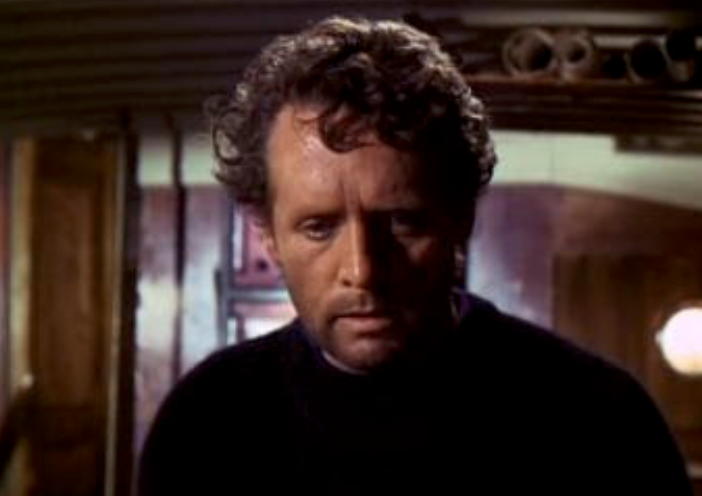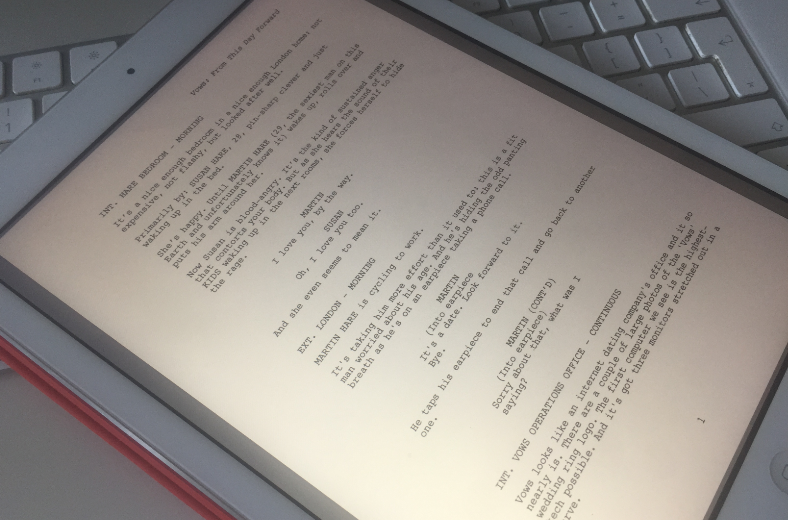For six weeks now, I’ve been counting the days until today when I could say to you that I’ve read 2,000 scripts –– and I’ve blown it. I’m not sure why I was proud enough of this trivial fact that I wanted to boast at you about, but seemingly I did and seemingly I was going to preen for some reason. Instead, on slightly closer examination, I have to tell you that I’ve miscounted and today’s script was only the 1,899th.
Yes, I have just filed my tax return. No, I’m not now terrified at all.
Look, I’ve read a lot more than 2,000 scripts in my life. I love reading them, I always have, it’s just that on December 23, 2017, I read a piece by Lorenzo Colonna on Hayley McKenzie’s Script Angel site which suggested reading a script every day. I can see me now, at this keyboard, thinking yep, good idea, I’ll do that. Since then I’ve read at least one script every single day and after the first year of it I wrote about the ten lessons I felt I’d learned from what I believed was 620 but who knows now, could’ve been 12.
I keep a list of what I’ve read and after the first while, also a link to where I read it if it’s online. It’s from examining that list that I discovered the miscount, but I was examining the list in order to hopefully be useful and I can still do a bit of that. I can recommend scripts and moreover, I can recommend sources for scripts. Let me do two sources and two specific scripts from those sources.
So while I see no reason you should ever trust me again about numbers, I believe that of my 1,899 in-a-row script reading, 318 were from my favourite site, TVwriting. I’m honestly a bit surprised it wasn’t many, many more because that is my go-to site when I just want something good to read.
Another 105 were from the BBC Writersroom script library. I can’t say I’ve cleaned the BBC out since if I disliked a script to a show’s first episode, I skipped the rest. But still, I open that library page and it’s sometimes hard to find something I haven’t read. Certainly I’ve vacuumed up the entire radio drama, radio comedy and television comedy scripts.
I will press on, though, even beyond 2,000 when I finally get there in at most another 100 days. And let me offer this as another lesson from reading scripts: I may have read some stinkers, but there amazing pieces of writing just waiting for us all online.
The internet’s faults are legion, but there are gems, too. Including these two. It is completely unfair to pick out two scripts but no one said writing has to be fair, or at least nobody any good.
If you fancy reading a film screenplay, relish Man Up by Tess Morris, which I read on the BBC Writersroom on both January 5, 2018 and August 28, 2019.
Or if, like me, you’re more of a television drama nut, go for the pilot episode of Veronica Mars, by Rob Thomas, which I read on TVwriting on May 31, 2018.
I suppose you can call this educational reading and when I started this lark there was certainly an aim of improving my own scriptwriting. No question, it worked. But also no question, I read scripts for immense pleasure and if you don’t already do that too, I hope you will.
Just don’t bother counting them, it’s too difficult.


